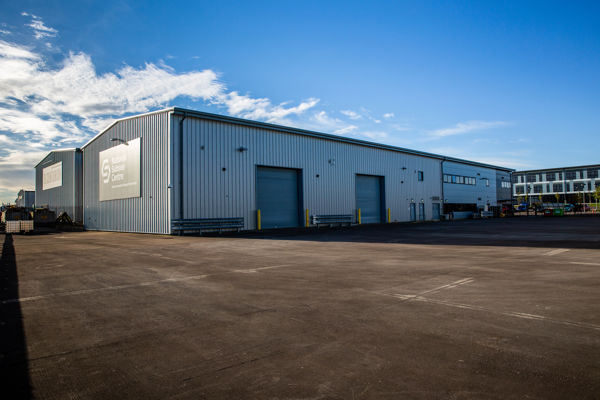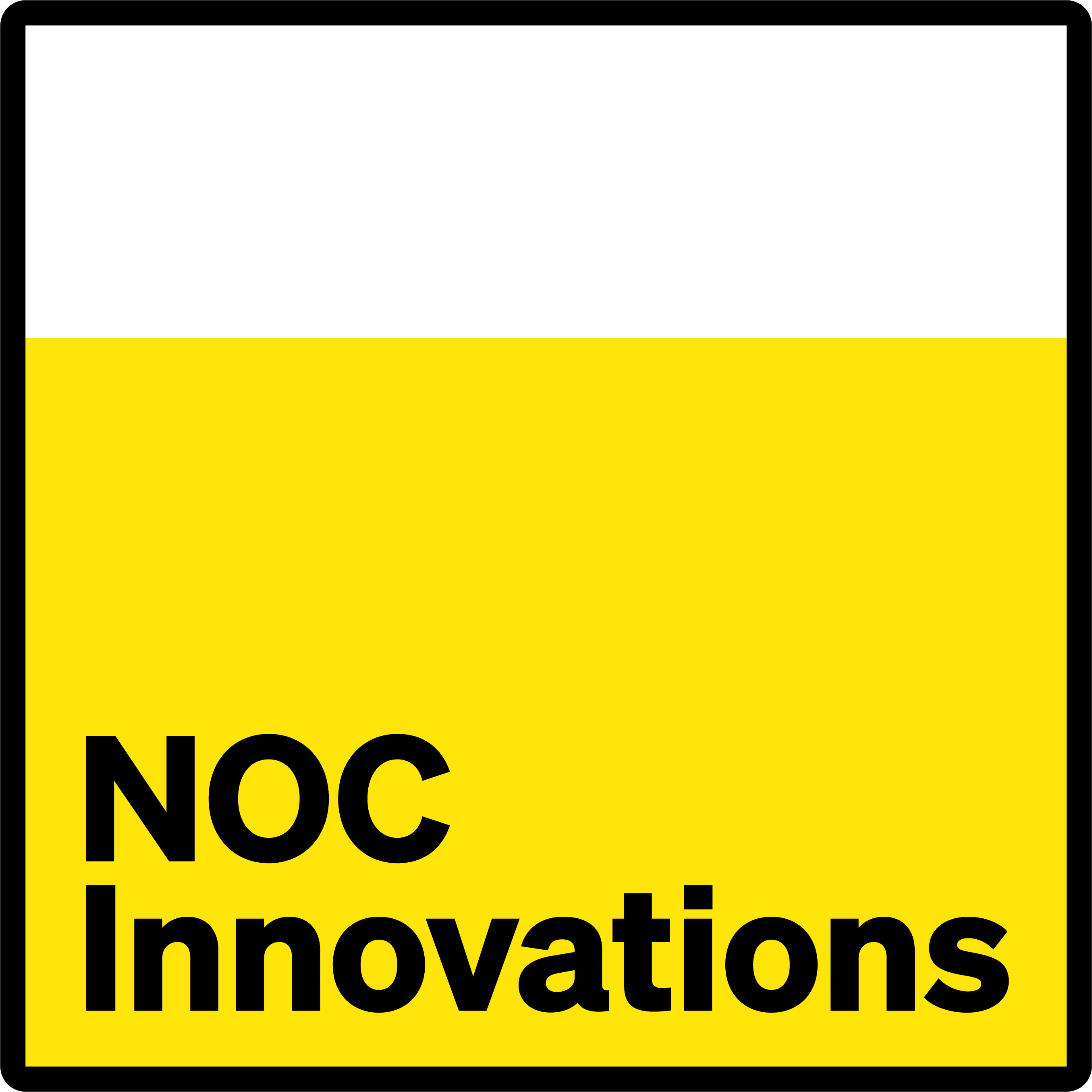Programme Structure
Students will undergo a 48-month programme of study and research. This includes 12 months of training in core advanced technologies and research skills and then 36 months of research driven by strategic technical challenges faced by an industry partner. Students will be based full-time in their companies, with 25% of their time dedicated to research. All students on the programme will be managed as a cohort supported by participation in a Net Zero Technology research community, offering workshops and training sessions, interacting across RGU and UoS.
In the first year of the programme, the Integrative Studies (run by the NSC) and Researcher Development (run by the Graduate School at RGU) modules will ensure all students have sufficient training in work-related disciplines, as well as in research and innovation. In later years, the study programme focuses on problem-based learning and is designed to develop practical, team working, leadership and transferable skills, alongside technical and innovation expertise.
Research Project
In the final years of their studies, the students will undertake a project that tackles a genuine technological problem in a real-world environment, offering the chance to develop both research and innovation skills. Projects are proposed by industry partners in areas agreed between the sponsoring companies and the CDT management to ensure that the scope and difficulty levels meet the standards needed for the award of an EngD. The topics of research projects will be specified at the beginning of the second semester of the teaching programme to provide sufficient time to make an informed choice.
If you would like to find out more, please contact NSCenquiries@rgu.ac.uk.










